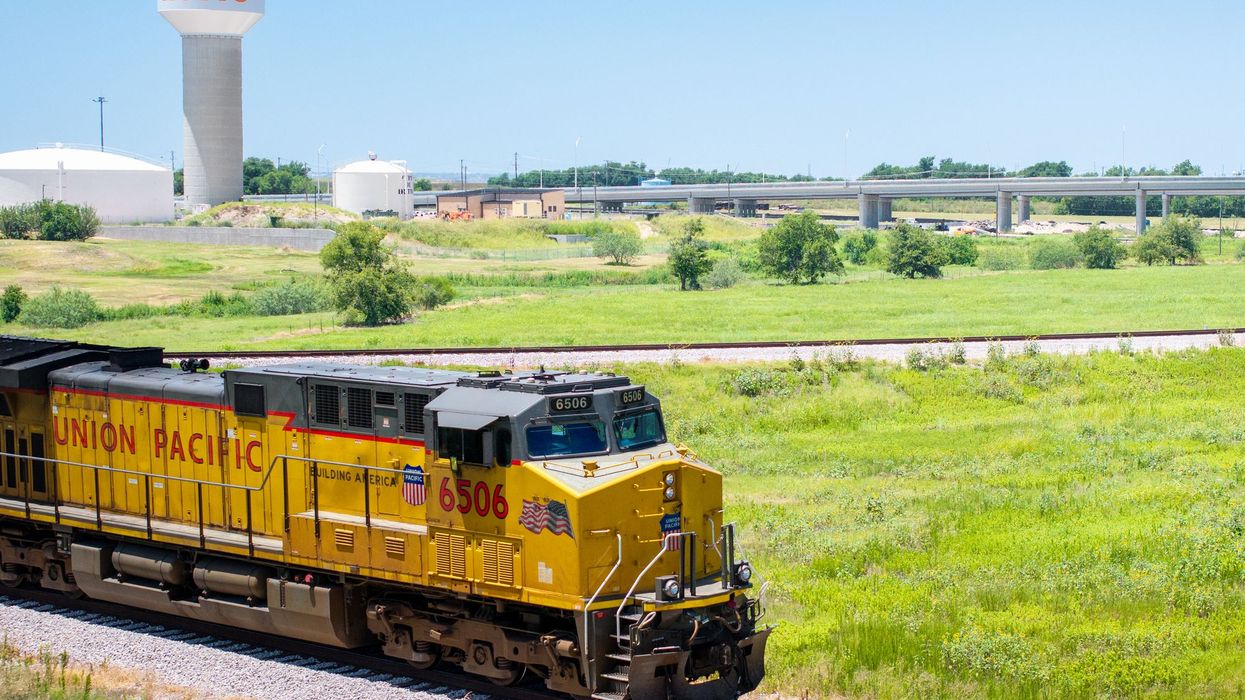A package of smart water solutions that includes improving landscape irrigation, decreasing system leaks, and enhancing reservoir operation can meet Marin's future water needs at a much lower cost than the proposed desalination facility finds a new report released today by the consumer advocacy group Food & Water Watch. The report, Sustaining Our Water Future: A Review of the Marin Municipal Water District's Alternatives to Improve Water Supply Reliability, is authored by James Fryer, who served as coordinator of the Marin Municipal Water District's (MMWD) water conservation program from 1990 to 1999.
Based on a thorough review and analysis of MMWD and water industry documents and records, interviews of MMWD staff and other water experts, this report recommends a package of solutions that would provide approximately 7,950 acre feet of water per year for the district, more than double the projected 3400 acre feet of water MMWD's plan states it can obtain from conservation.
Alternatively, the desalination plant would carry significant costs for consumers and the environment. In addition to a price tag of over $100 million for construction, the facility would cost millions more to operate, which would mean significant rate increases for consumers. Further, the plant would increase energy use, potentially doubling the district's carbon footprint and could further degrade the San Francisco Bay. Moreover, desalination is not favored by Marin residents according to public opinion surveys outlined in the report.
"This report illustrates that water efficiency and waste prevention measures, not desalination, are the best options for ratepayers and the environment," said Mark Schlosberg, California director of Food & Water Watch. "MMWD Board members David Behar, Cynthia Koehler, and Alex Forman should follow through on their commitments to prioritize conservation and implement these low cost solutions."
Additional key recommendations of the report include:
* Reestablishing a citizens advisory committee to support water conservation program development and implementation.
* Conducting a comprehensive urban landscape analysis using GIS and on-site surveys to determine the state of existing landscape water use.
* Carrying out a comprehensive district-wide groundwater study that also evaluates the integration of cisterns, rain gardens and flood management with groundwater recharge and management.
* Conducting a comprehensive reservoir reoperation study to identify optimum management schemes to increase yield in an environmentally friendly manner.
Sustaining Our Water Future: A Review of the Marin Municipal Water District's Alternatives to Improve Water Supply Reliability is available online at:
https://www.foodandwaterwatch.org/sustaining-our-water-future




